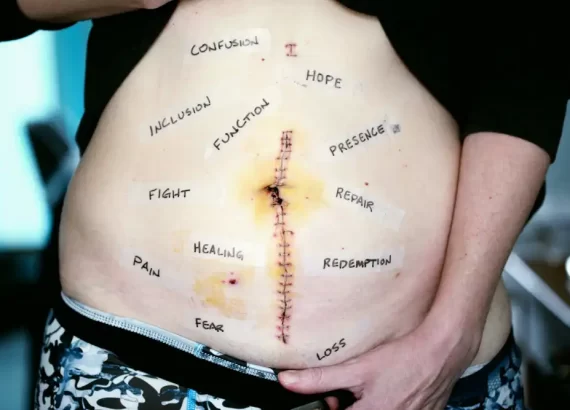What is Generalized Anxiety Disorder?

Generalized Anxiety Disorder (GAD) is one of the anxiety disorders listed in the Diagnostic and Statistical Manual (DSM 5) by the American Psychiatric Association. Most people worry about health, finances, relationships, work, etc. from time to time. It is simply a normal part of life. However, GAD is characterized by excessive and unnecessary worrying that is difficult for the person to control. It can affect your daily functioning such as staying focused on tasks. It can also lead to additional stress.
According to the Anxiety and Depression Association of America, GAD affects 6.8 million adults, or 3.1% of the U.S. population, in any given year. Moreover, women are twice as likely to be affected.
What are the symptoms of GAD?
Symptoms of GAD may vary among different people. They may include:
- Excessive anxiety and worry on most days for at least 6 months, about a number of events or activities, that are out of proportion to the actual impact
- Difficulty controlling the worry, finding that you can’t get those worrying thoughts out of your mind
- Not being able to relax, feeling restless, keyed up, or on edge
- Getting tired easily
- Difficulty concentrating or mind going blank
- Feeling irritable, finding that little things upset you more than they need to
- Muscle feeling tense
- Difficulty falling asleep or staying asleep, or not feeling refreshed after a night’s sleep
What causes GAD?
Even though the specific cause of GAD is still unknown, it likely arises from a complex interaction of both biological and environmental factors. These risk factors may include:
- Genetics: GAD may run in families.
- Experiences. People with generalized anxiety disorder may have a history of significant life changes, traumatic or negative experiences during childhood, or a recent traumatic or negative event. Moreover, chronic medical illnesses or other mental health disorders may increase risk.
Treatment for GAD
First of all, talk to your primary care physician about your symptoms. We need to rule out any underlying medical issues that may have caused the anxiety. Once medical issues are ruled out, we can look at treatment for GAD.
GAD is generally treated with counseling/therapy, medication, or both. Cognitive Behavioral Therapy (CBT) is the gold standard in treating GAD and other anxiety disorders. With the help of therapy, you will
- gain a better understanding of how your thoughts and behaviors may have contributed to your anxiety
- learn specific skills to help you manage your symptoms and
- be able to function more effectively in your daily life
Here are some quick tips to get you started on taming your anxiety:
- Recognize what is in your control and what is not, and take action about what is in your control instead of worrying.
- Practice mindfulness exercises.
- Eliminate alcohol and drug use, including nicotine and caffeine. You may feel more anxious initially. But in the long run, it will help you have less anxiety.
- Keep a journal.
If you need more help, I’m here for you at Mindspace Counseling in Charlotte, NC. I have years of experience working with people who are struggling with anxiety. Clients often appreciate my calm demeanor and gentle approach. I will teach you all the skills you need to manage stress, worrying, and anxiety, and to have peace of mind.
Call me at 704-282-1661 to get started.
References:
- The Anxiety and Depression Association of America. https://adaa.org/understanding-anxiety/generalized-anxiety-disorder-gad
- The DSM-5 by the American Psychiatric Association
- The National Institute of Mental Health. https://www.nimh.nih.gov/health/publications/generalized-anxiety-disorder-gad/index.shtml




